Business
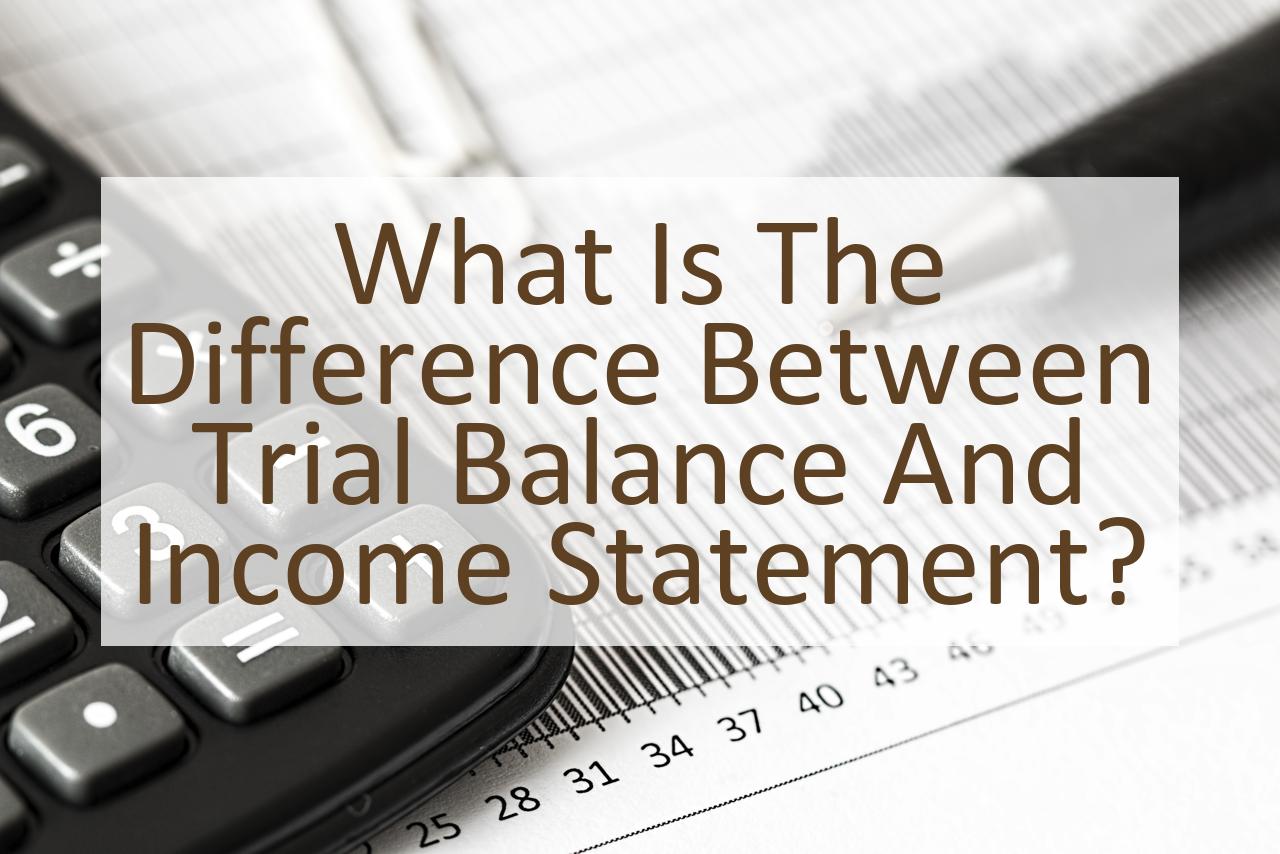
What is the Difference Between Trial Balance and Income Statement?
In accounting, a trial balance and an income statement are two important financial statements used to assess a company’s financial ...

What is the Difference Between Expense and Revenue?
Expense and revenue are two critical terms in accounting that are frequently used to measure the financial performance of a ...
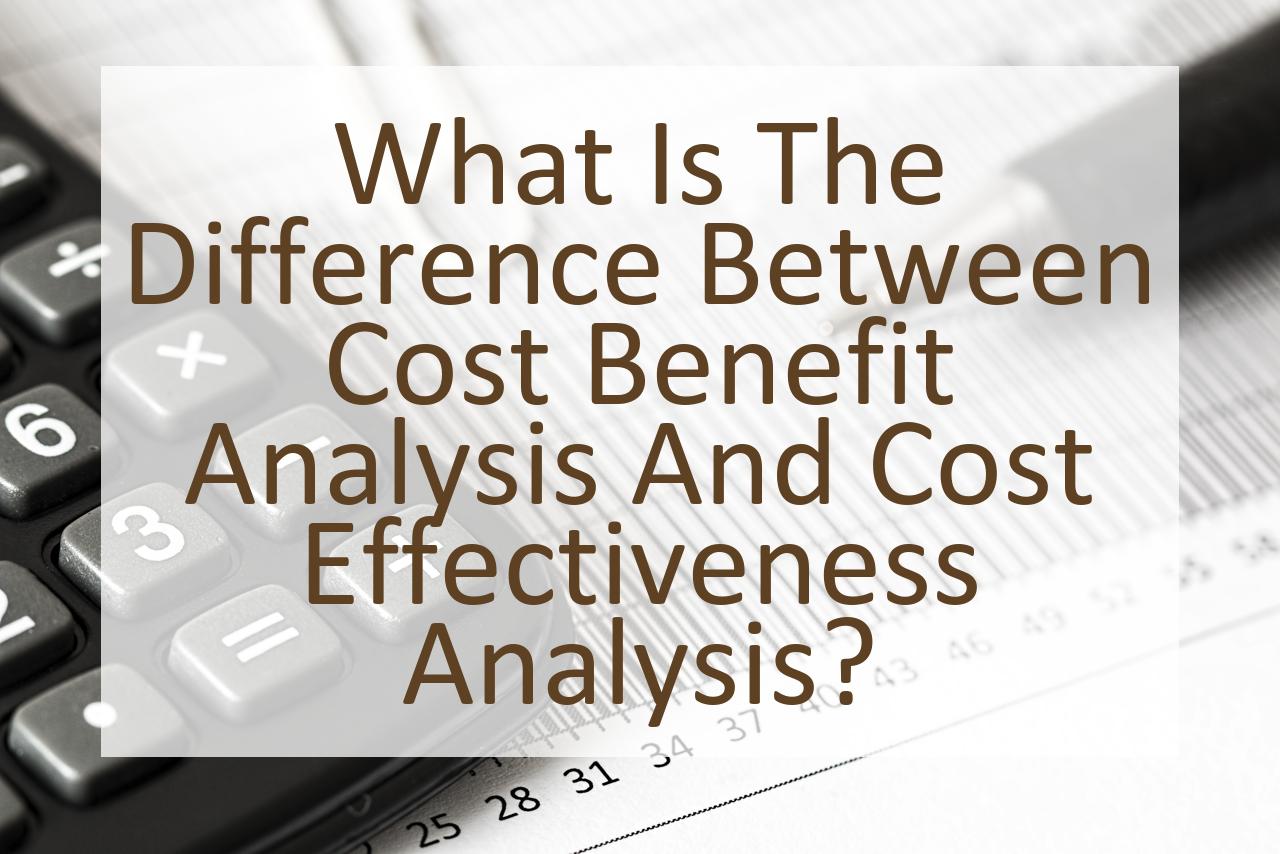
What is the Difference Between Cost-Benefit Analysis and Cost-Effectiveness Analysis?
Cost-benefit analysis (CBA) and cost-effectiveness analysis (CEA) are two essential concepts in accounting that are used to evaluate the feasibility ...
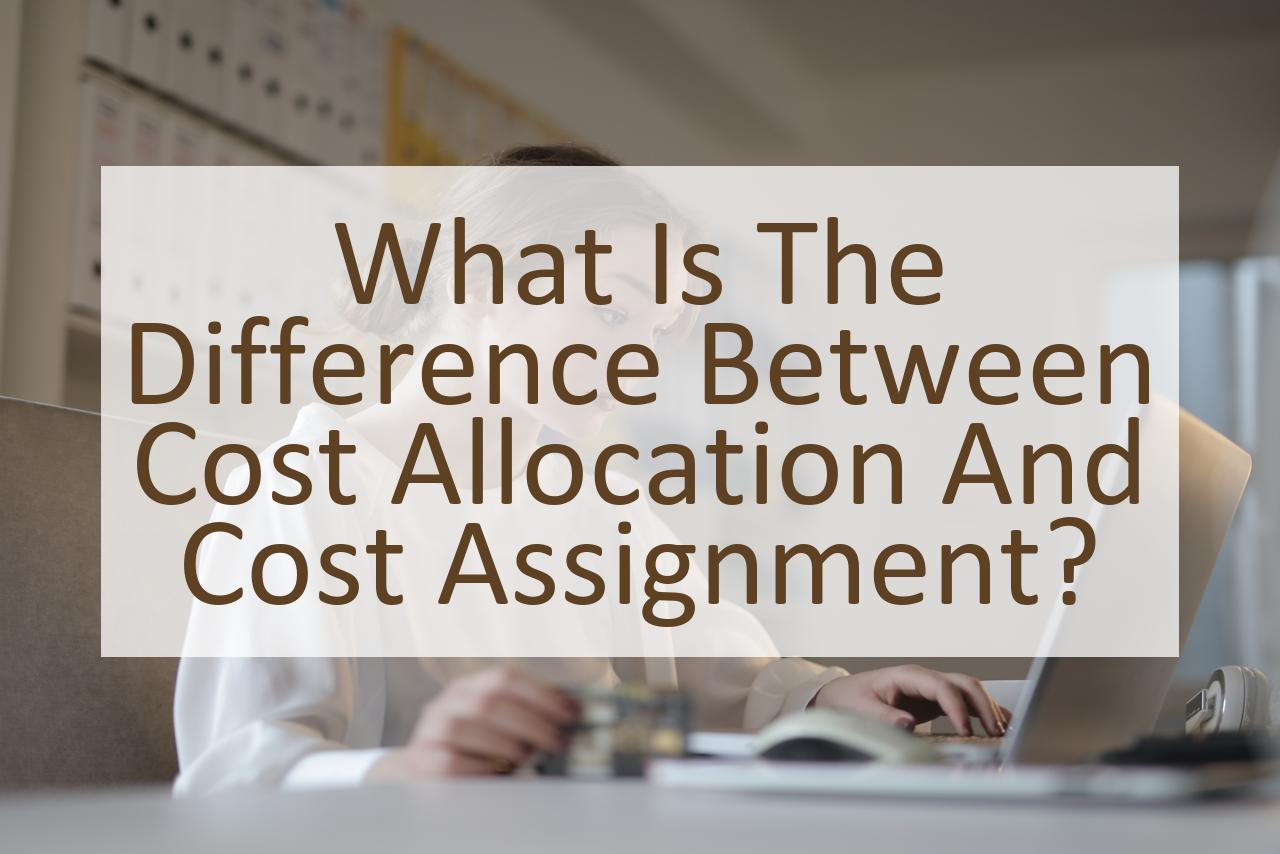
What is the Difference Between Cost Allocation and Cost Assignment?
Cost allocation and cost assignment are crucial concepts in cost accounting and management, but they have distinct differences. Cost allocation ...

What is the Difference Between Cost Object and Cost Unit?
Cost object and cost unit are two essential concepts in accounting. Understanding the difference between them is crucial in cost ...
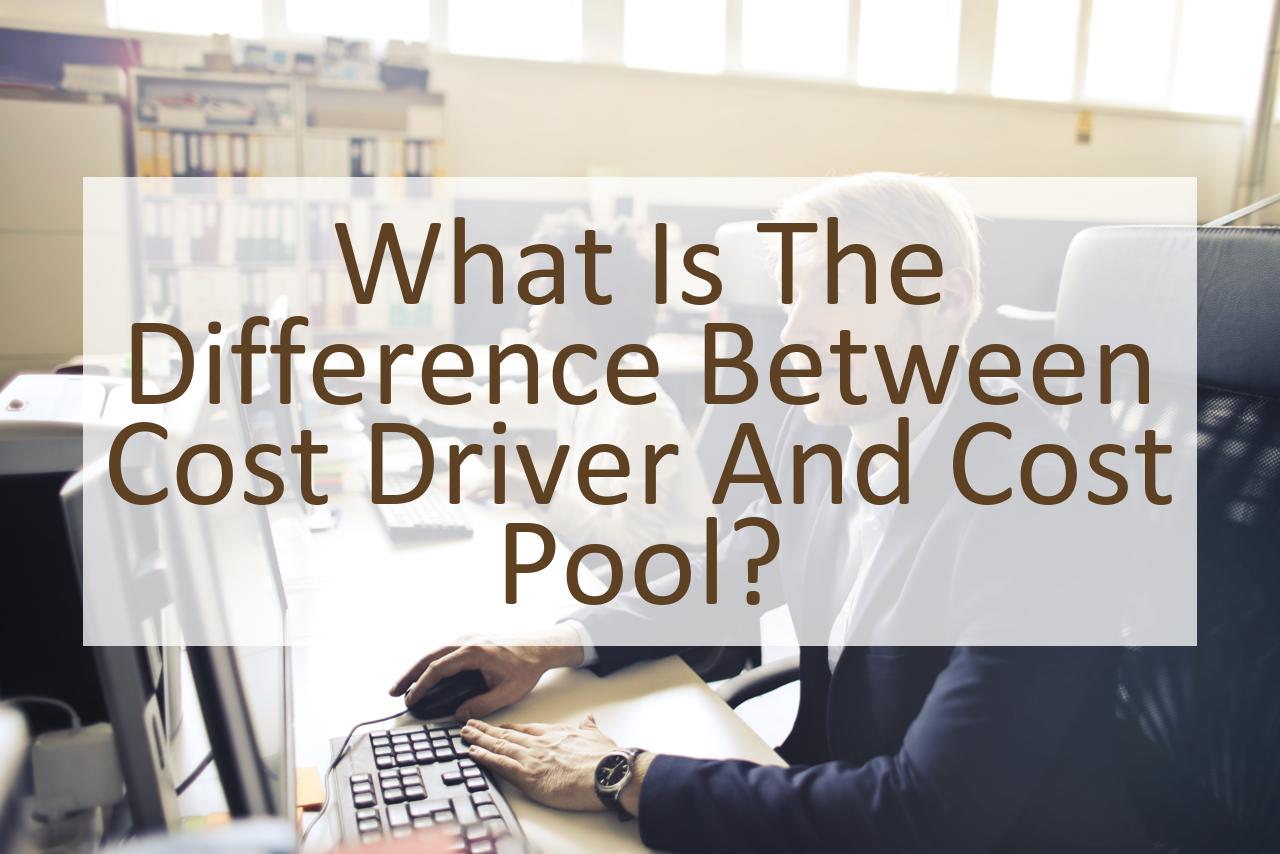
What is the Difference Between Cost Driver and Cost Pool?
Cost driver and cost pool are two essential concepts in accounting. The cost driver is a factor that causes the ...

What is the Difference Between Process Costing and Job Costing?
Cost accounting is a critical aspect of financial management for companies, as it allows organizations to understand and control the ...
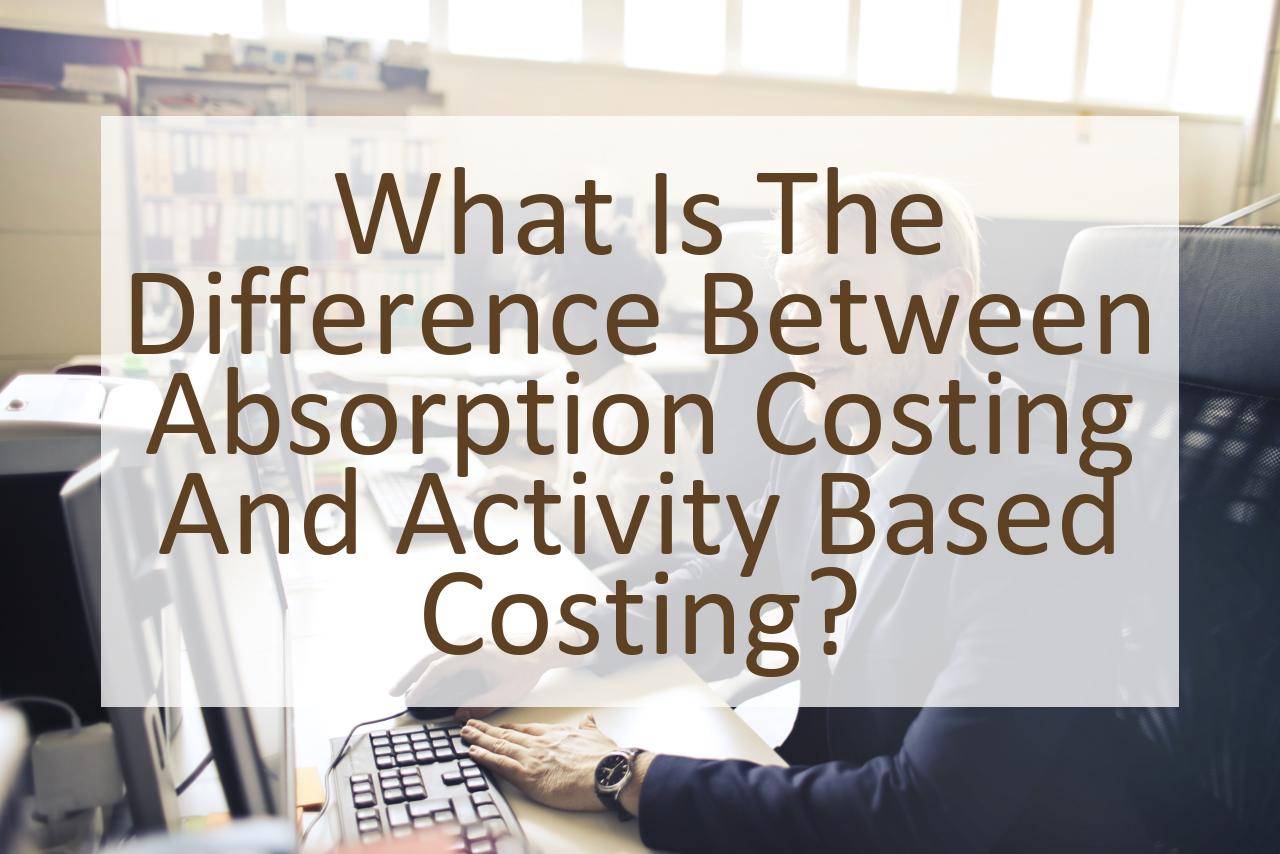
What is the Difference Between Absorption Costing and Activity-Based Costing?
In accounting, absorption costing and activity-based costing (ABC) are two commonly used methods for determining the cost of a product ...
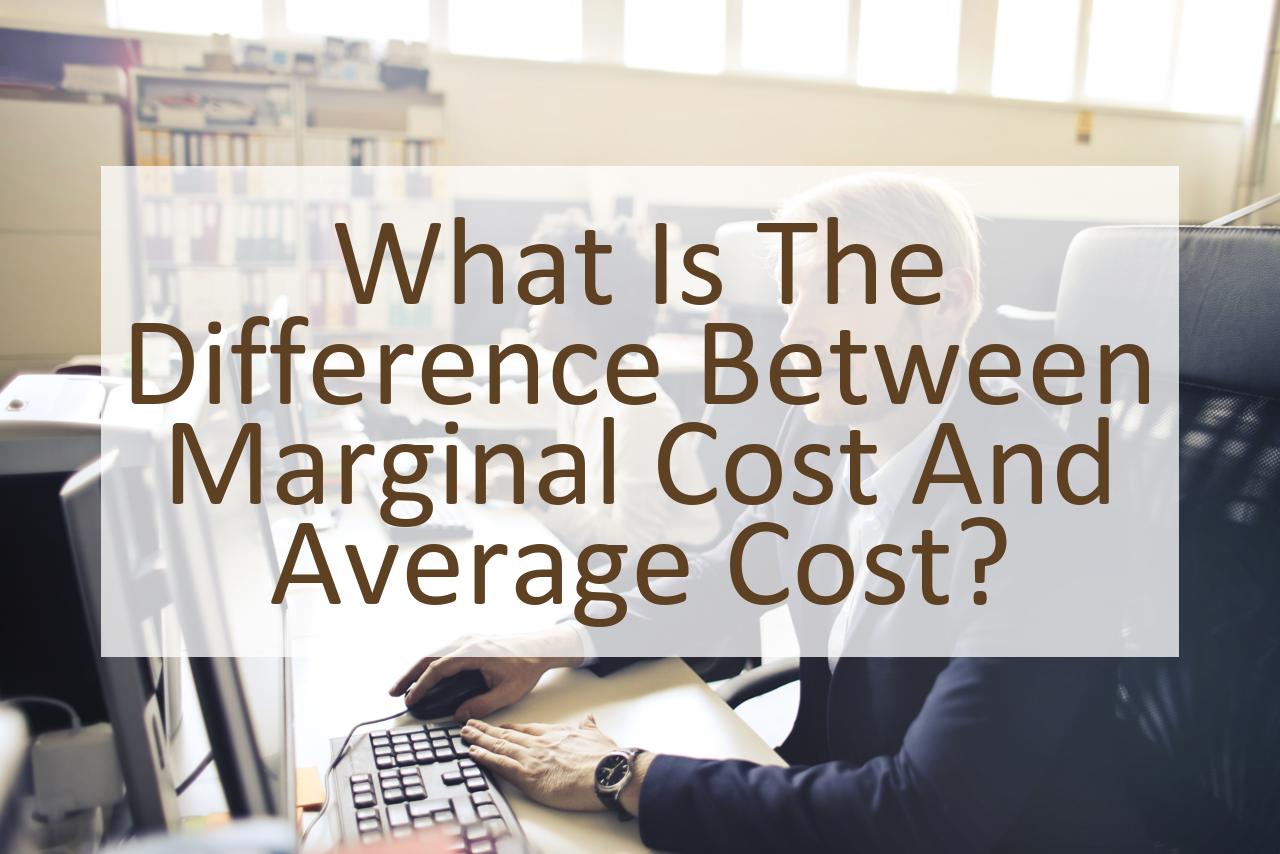
What is the Difference Between Marginal Cost and Average Cost?
In accounting, it’s crucial to understand the difference between marginal cost and average cost. Marginal cost and average cost are ...
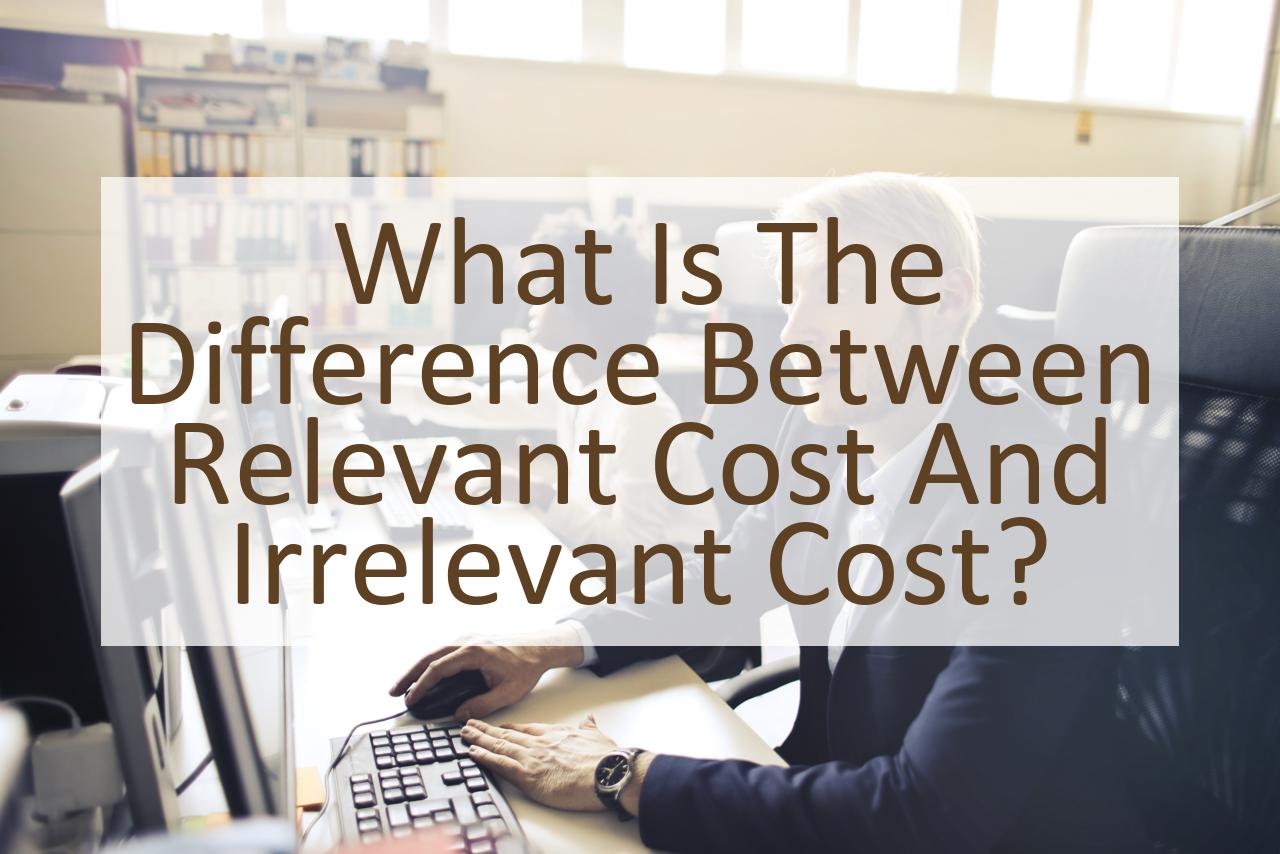
What is the Difference Between Relevant Cost and Irrelevant Cost?
In accounting, relevant cost and irrelevant cost are two concepts that play a crucial role in decision-making. Relevant cost refers ...






